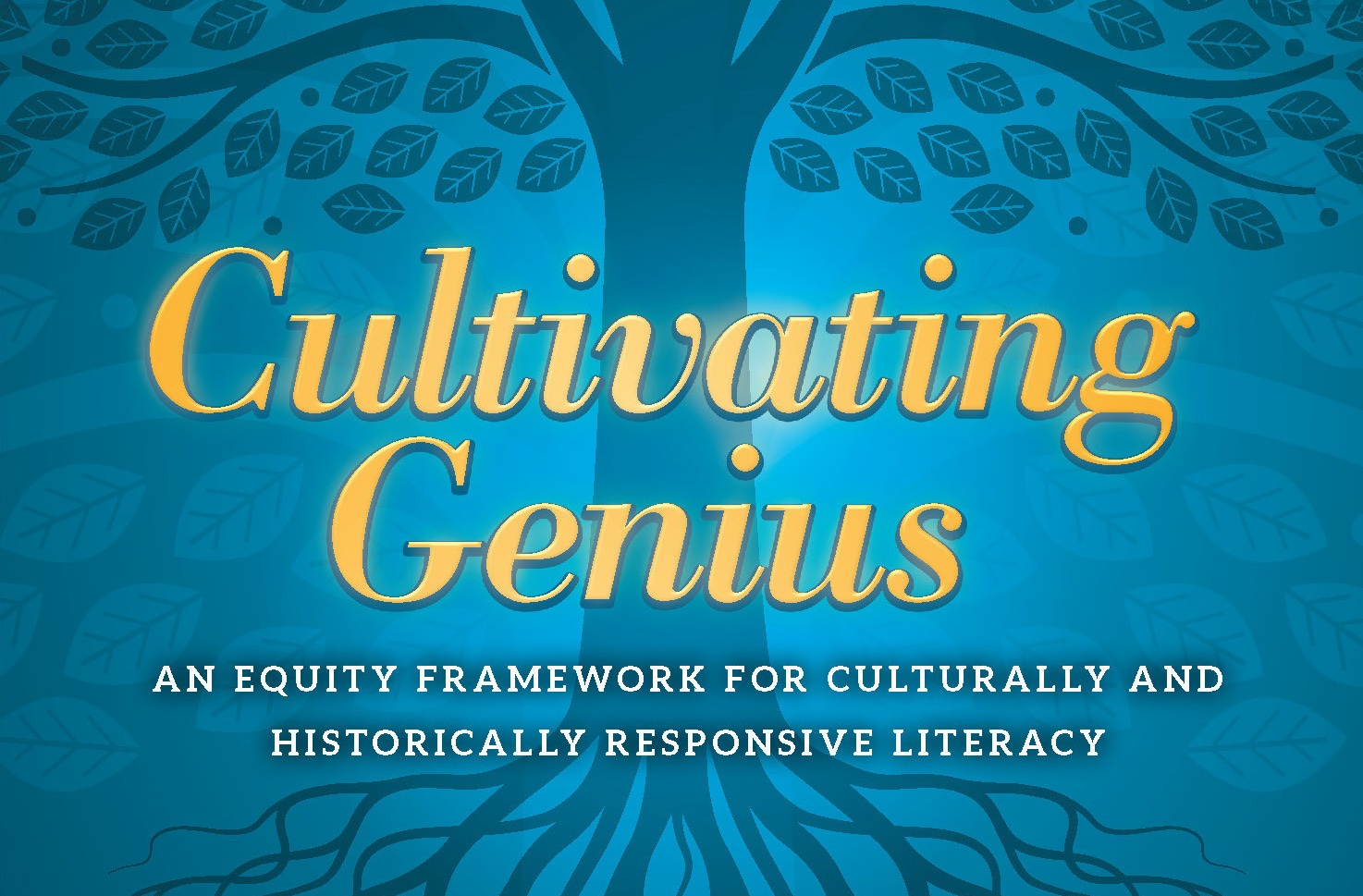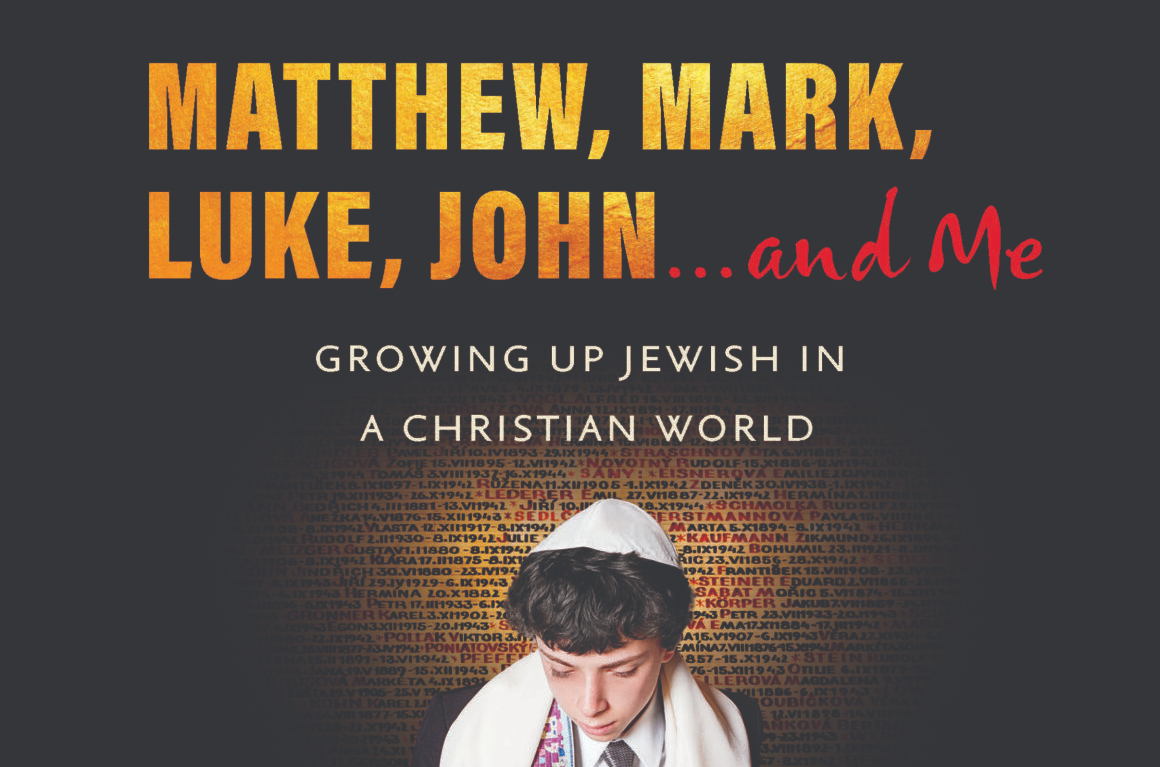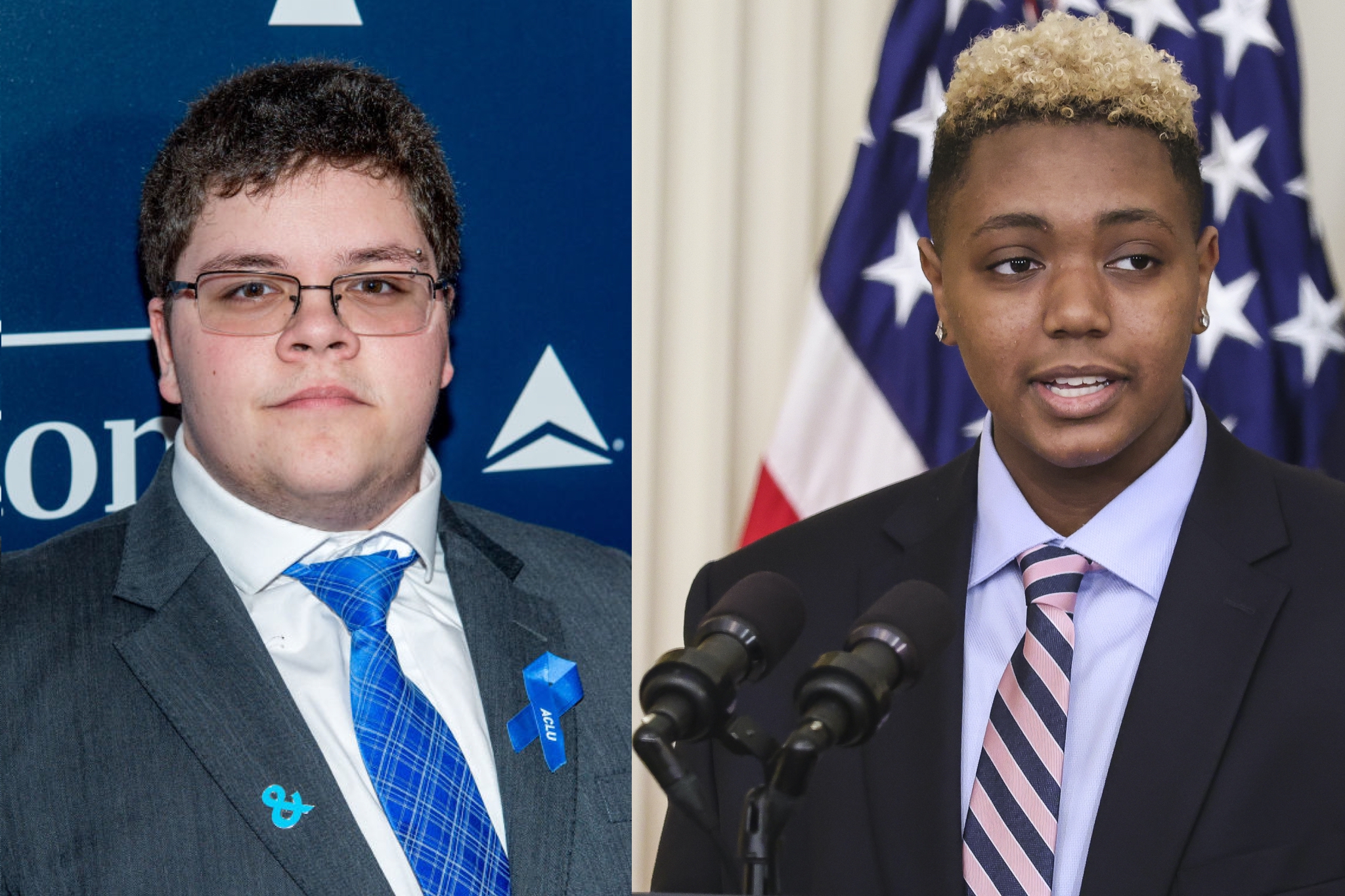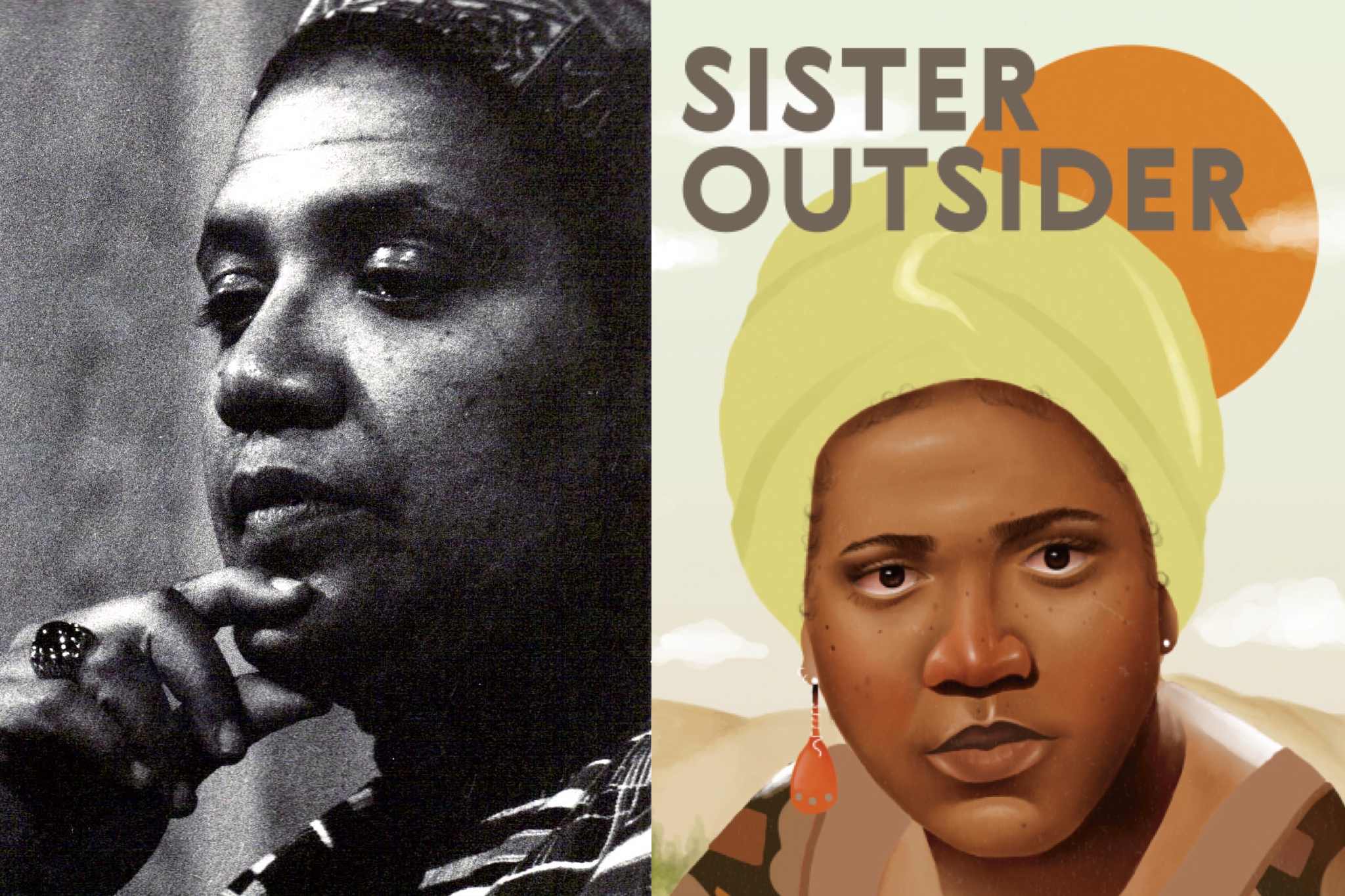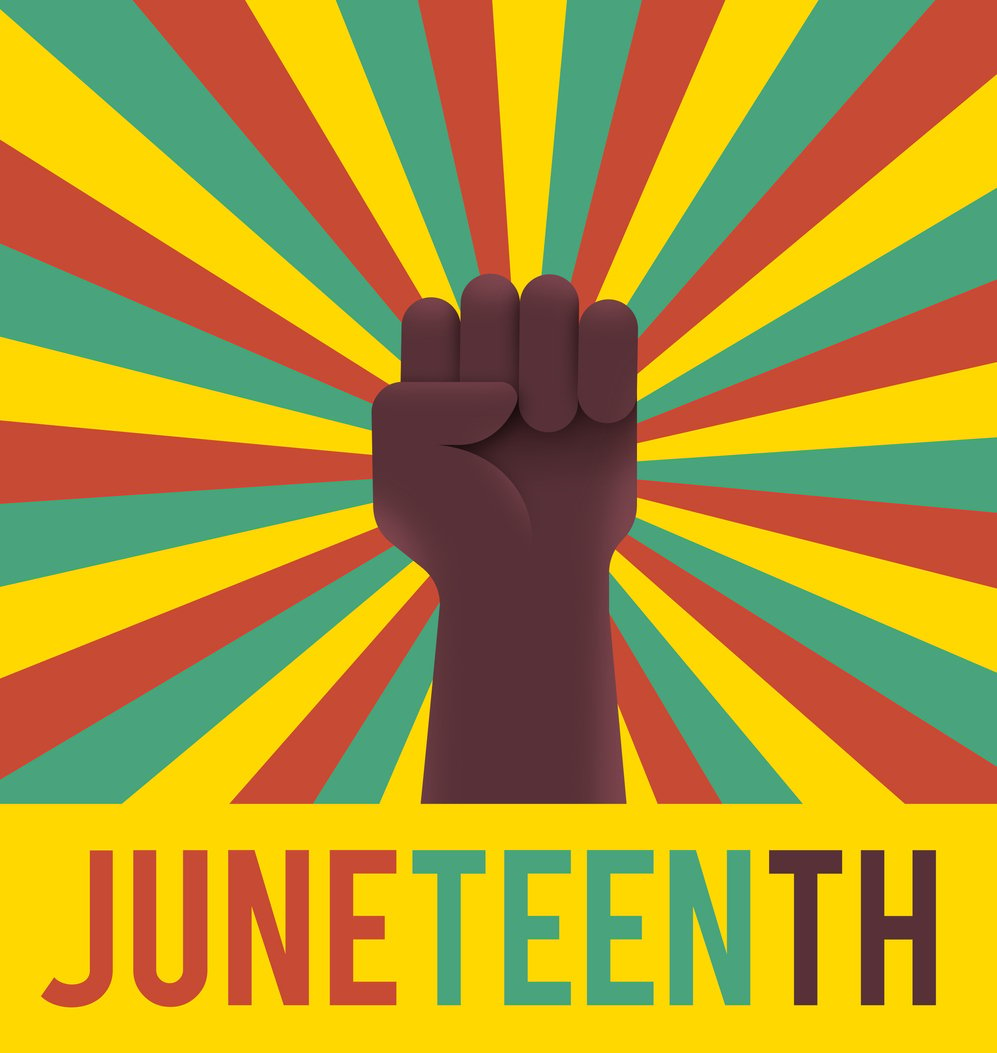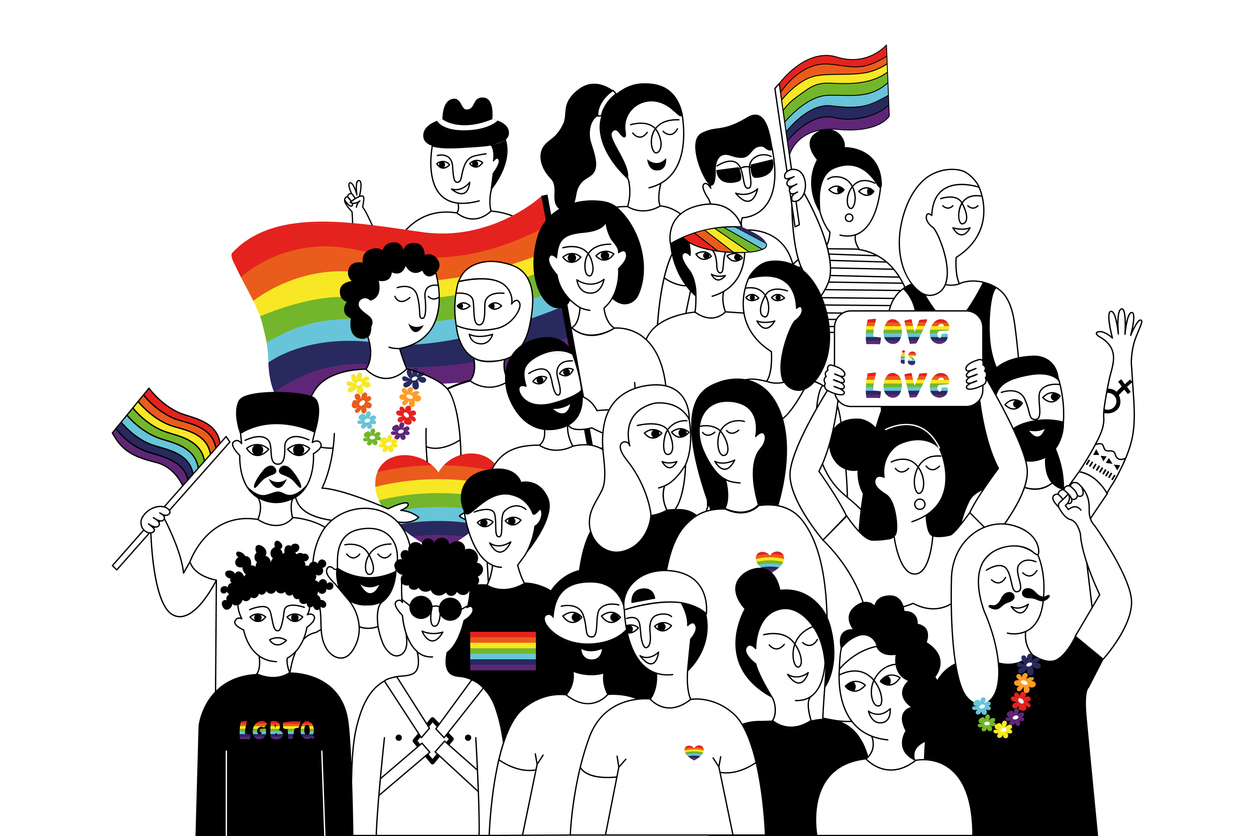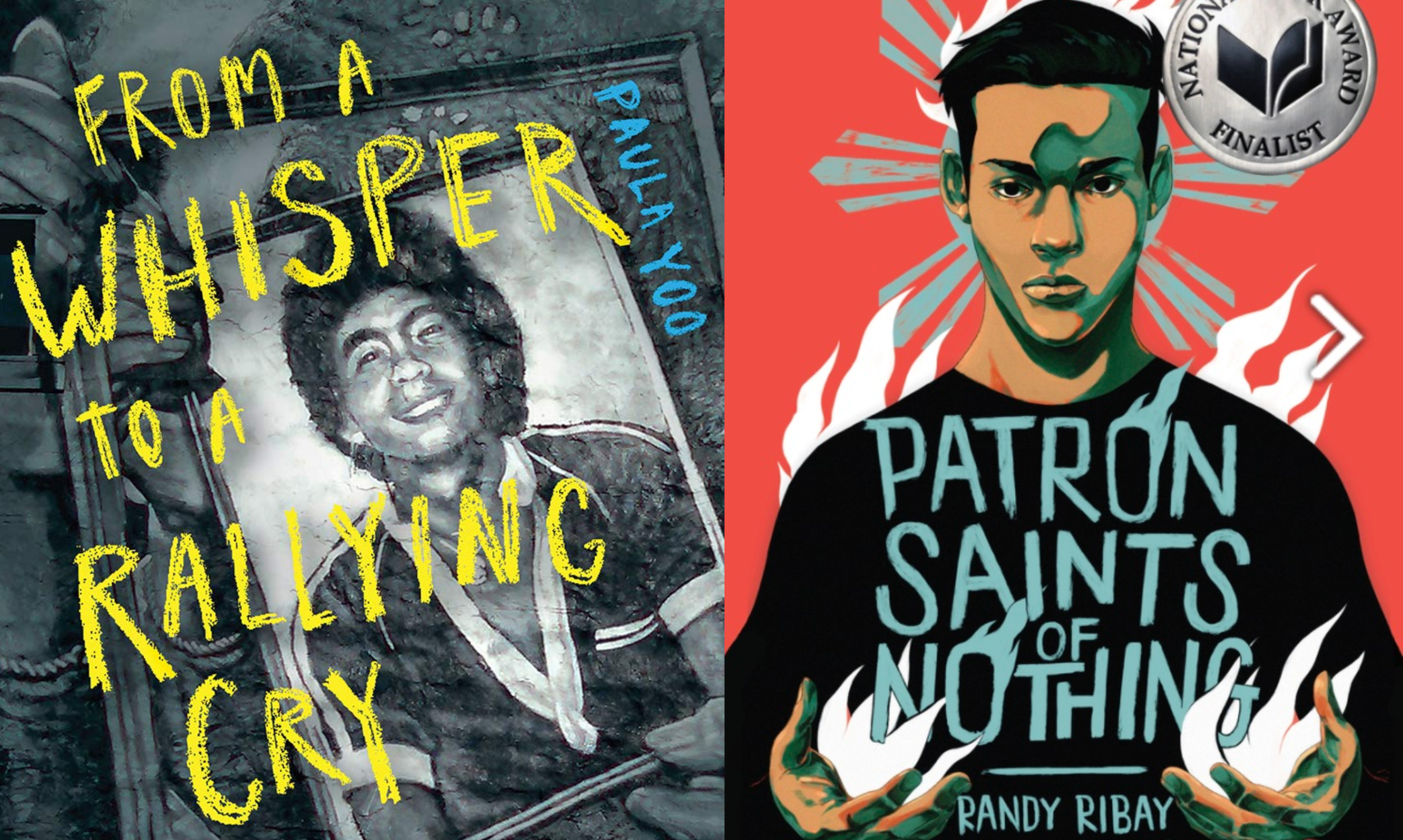When Nina Simone sang the uplifting lyrics of her song “Young, Gifted and Black” in 1970, she invited her listeners into a powerful way of re-envisioning Black excellence in themselves and Black people around them. But even half a century later, there are a host of barriers that continue to undermine the flourishing of Black excellence in educational settings.
As acts of antisemitic violence have become more visible in the news in recent years in the United States, many non-Jewish people have begun to apprehend the extent of violence that continues to befall members of this community. Amid this awareness, we often hear less about the way that non-physical forms of violence—including words, symbols, and narratives that advance antisemitic hate—are equally insidious and have a particularly corrosive impact on young Jewish people’s experiences, self-concepts, and sense of possibility.
Topics: Antisemitism, Religious Tolerance, Jewish Education Program, Religion
How Do We Pursue Equity in Education? By Learning, Unlearning, and Muddling Through
Posted by Facing History and Ourselves on July 2, 2021
Facing History's Chief Officer of Equity and Inclusion Dr. Steven Becton and Kaitlin Smith recently placed an article in the School Library Journal newsletter about the historical contexts that shape educational inequity and what it takes to disrupt it.
Topics: Equity in Education
As Pride Month draws to a close, educators and school leaders have an opportunity to think about how to support and ally with LGBTQIA+ students more effectively all year long. But we must not forget that LGBTQIA+ youth are also powerful agents of change who are actually leading the way in many key arenas. This year, we are seeing a number of transgender youth standing up for equity, inclusion, and justice in powerful ways within and beyond their own school communities.
Topics: LGBTQ
As we reflect upon various issues that figure in the lives of LGBTQIA+ people during Pride Month, it is also important to retain an understanding of the vastness and diversity of this community. Considering the impact of different dimensions of one’s identity—for example, sexual orientation, gender identity, racial identity, and class background—on one’s experience is crucial for gaining a meaningful understanding of one’s experiences. The complex connections between these various dimensions of identity is often described using the term “intersectionality.” Though it is not uncommon to encounter discussion of intersectionality in 2021, this was not always the case. One key figure who has left an indelible mark on intersectional thought and organizing is the Black lesbian scholar, feminist, mother, and poet Audre Lorde. Born in 1934, Lorde not only challenged her contemporaries to think about identity and politics intersectionally, but also challenged them to value the inner emotional landscape as a core resource in the work of liberation.
Topics: LGBTQ, Black History
Described as a second independence day, June 19th or Juneteenth marks the day that emancipation reached enslaved people in the furthest reaches of the American South. Though the Emancipation Proclamation established that all enslaved people held within the rebellious states were freed, plantation life continued as though no change had occurred in many parts of the slaveholding South until this day. And just yesterday, the U.S. Senate unanimously approved a bill to make Juneteenth a legal public holiday. Juneteenth is a time to reflect upon this history, as well as the steps toward freedom that have been achieved and the forces that continue to undermine the freedom of African Americans.
Topics: Reading List, Black History
Pride Month has arrived and as schools wind down for the summer, it is a great opportunity for young people to dive into some new books that speak to the experiences of LGBTQIA+ people. Check out the following five new YA titles which address themes spanning activism, young love, school bullying, immigration, and navigating family relationships from the perspectives of a diverse array of LGBTQIA+ narrators.
Topics: LGBTQ
Responding to Contemporary Antisemitism in the Classroom
Posted by Facing History and Ourselves on June 8, 2021
As the nation reacts to the wave of antisemitic attacks that have been occurring in cities across the country in recent weeks, educators have an opportunity to help students gain a deeper understanding of contemporary antisemitism. In these times, teachers can play a vital role in helping students and communities respond to acts of hate.
Topics: Antisemitism, New York, Chicago, Los Angeles
Pride Month each June is a fantastic time for educators to recommit to engaging with the histories and life experiences of LGBTQIA+ people all year. In addition to accessing rich curricular resources for the classroom, educators can also benefit from embracing their own arc of learning around these themes. Below are five new books that explore histories and experiences of LGBTQIA+ people, offering rich fodder for learning, reflection, and even teaching. These books address a host of themes including the unique life journeys of queer individuals with intersectional identities; the campaign to establish same-sex marriage and some of its broader consequences; and how schools can be reshaped as transformative spaces that support LGBTQIA+ youth.
Topics: LGBTQ
Asian Pacific Islander Heritage Month each May offers a valuable opportunity to evaluate the kinds of reading materials we are sharing with students throughout the year, and to consider whether Asian American and Pacific Islander (AAPI) experiences need to have a greater presence. Particularly this year, as racism and violence targeting AAPI people becomes more visible, it can be challenging to sift through the growing body of reading material and pinpoint the texts that are presented at an appropriate reading level, and in ways that are relatable to adolescent readers.
Topics: Reading List, Asian American and Pacific Islander History

